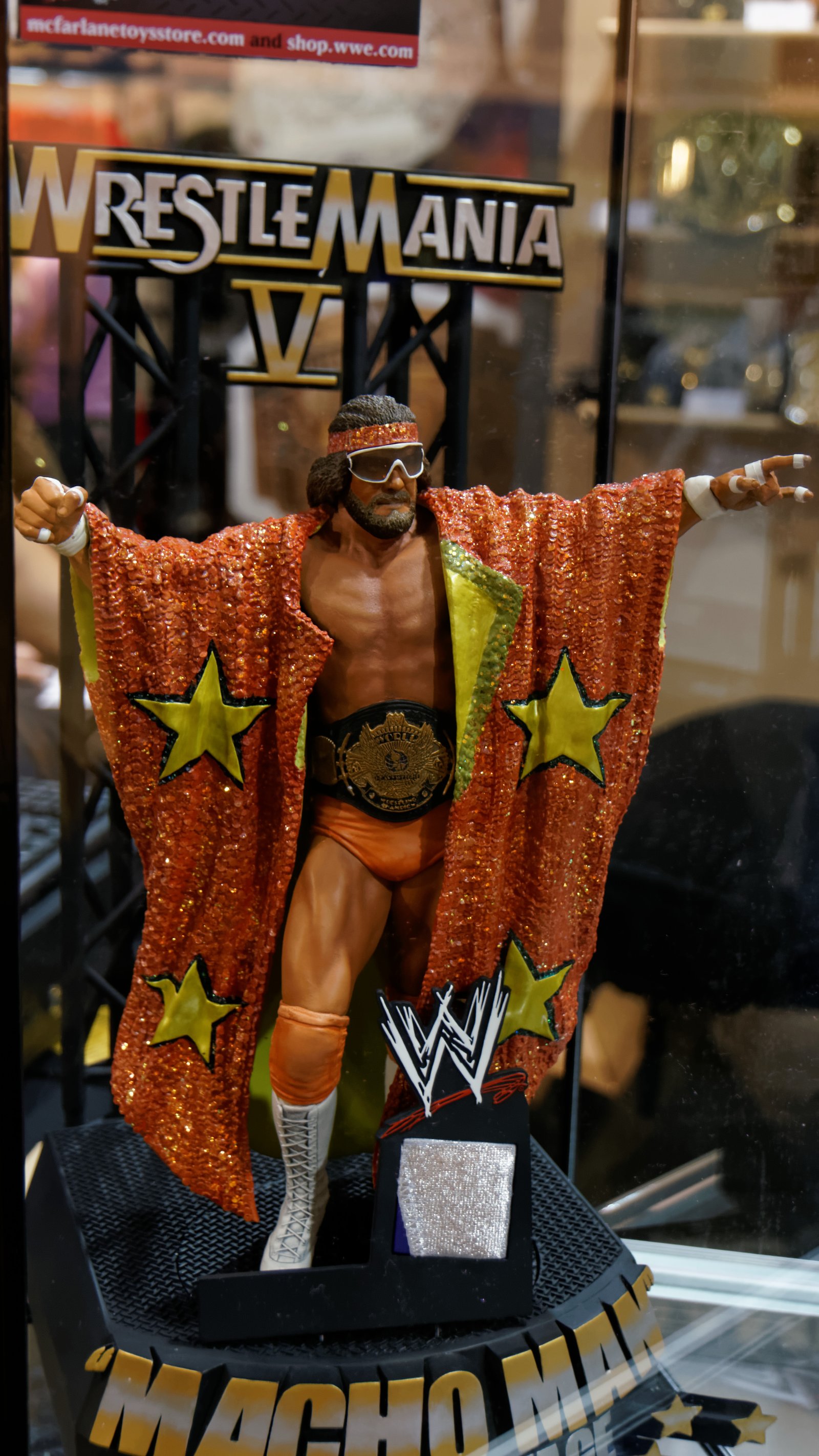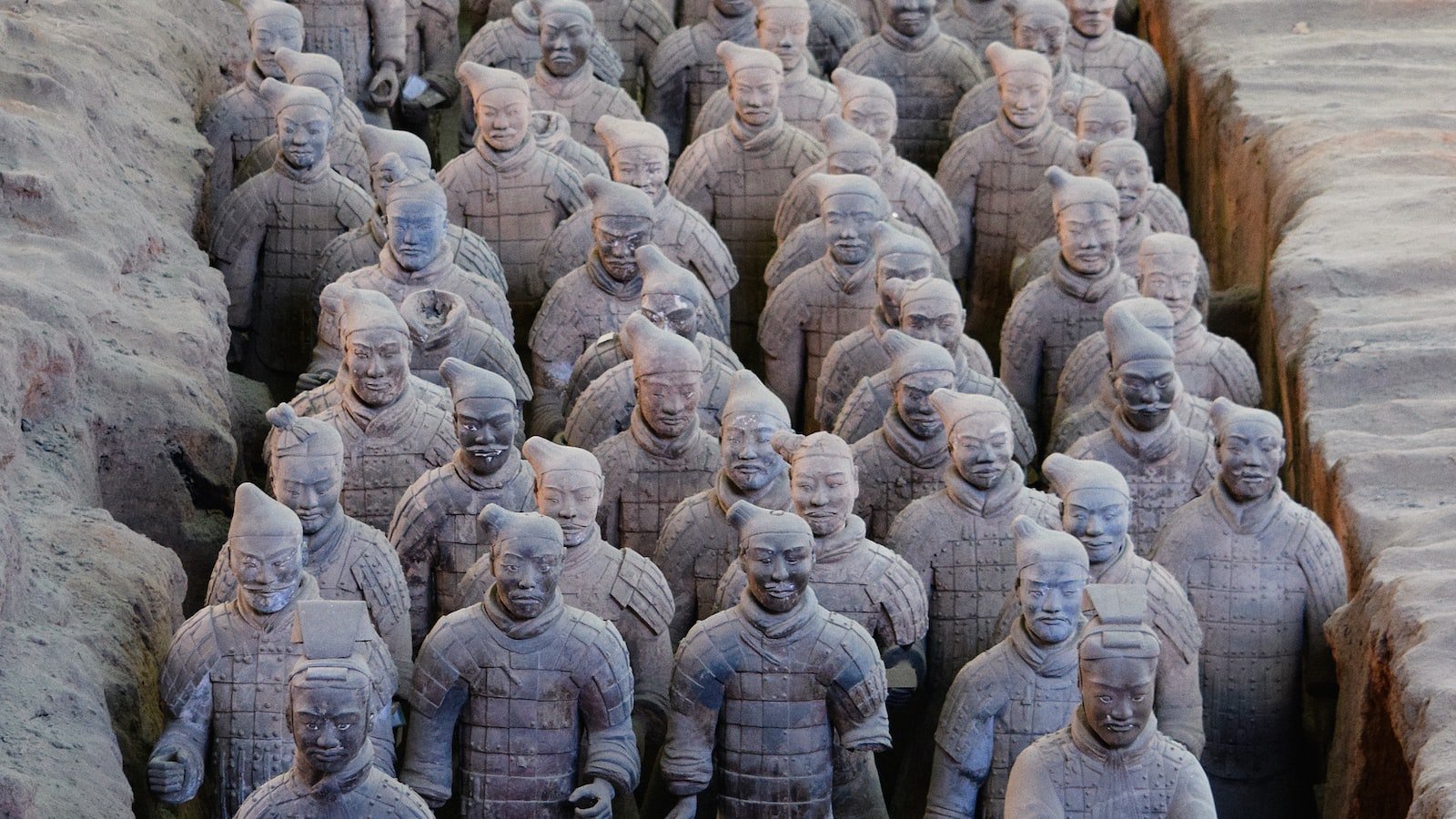In a world inundated with stereotypes and predetermined roles, the elusive realm of masculinity remains a subject both captivating and enigmatic. Enter the “Macho Chronicles: Unveiling the Masculine World,” a fearless exploration that peels back the layers of patriarchal paradigms, chipping away at the hardened facade, and delving into the core of what it truly means to be a man. Prepare to embark upon an exhilarating journey where the boundaries of traditional notions are shattered, where vulnerability coexists with strength, and where the richness of masculinity is celebrated in all its diverse forms. Join us as we untangle the tangled threads of machismo, weaving together a narrative that gives voices to those who have long been silenced, and uncovers the uncharted territories of the masculine psyche. From the raw tales of vulnerability to the captivating stories of defiance, “Macho Chronicles: Unveiling the Masculine World” is a testament to the complex tapestry of manhood that lies waiting to be discovered. So, fasten your seatbelts and prepare to go beyond the surface, because there’s a revolution brewing, and masculinity will never be the same again.
Table of Contents
- 1. Exploring the “Macho” Phenomenon: Decoding the Complexities of Masculine Identity
- 2. Breaking Stereotypes: Empowering Men to Embrace Vulnerability and Emotional Intelligence
- 3. Nurturing Responsible Masculinity: Paving the Way for Healthy Relationships and Gender Equality
- 4. A Call to Action: Transforming the Macho Culture through Education and Awareness
- Q&A
- Overall

1. Exploring the “Macho” Phenomenon: Decoding the Complexities of Masculine Identity
In a society where traditional norms of masculinity often dominate, the concept of “macho” takes center stage. But what lies beneath this seemingly straightforward label? A deeper exploration unveils a complex web of emotions, expectations, and psychological factors that shape masculine identity. Join us on this thought-provoking journey as we dive into the world of the ”macho” phenomenon, unraveling its complexities and shedding light on the various aspects that contribute to its existence.
1. A Manifestation of Power and Strength
The “macho” phenomenon is rooted in the desire for power and strength as symbols of masculinity. From ancient civilizations to modern society, men have often felt the need to assert dominance to secure their status as a “real man.” The perception of physical prowess and the ability to conquer challenges have become defining traits of this concept. However, it is crucial to note that this entrenched notion can sometimes limit self-expression, causing men to suppress vulnerability and emotional depth to conform to societal expectations.
- Stereotypical traits associated with the “macho” image:
- Bulging muscles and physical dominance
- Assertive behavior and lack of sensitivity
- Adherence to traditional gender roles
2. Navigating Identity in a Changing World
In today’s rapidly evolving society, the definition of masculinity is being challenged. Men are increasingly encouraged to embrace their emotions, communicate openly, and reject rigid gender stereotypes. As a result, the “macho” identity is undergoing a transformation. Men are now dissecting and questioning the expectations placed upon them, navigating their way through complex intersections of sexuality, race, and culture. This shift allows for a more inclusive and holistic understanding of masculinity, where personal growth and self-discovery take precedence over conforming to outdated ideals.

2. Breaking Stereotypes: Empowering Men to Embrace Vulnerability and Emotional Intelligence
In a society heavily influenced by traditional gender roles, men have long been expected to adhere to the stoic “strong and silent” archetype. However, this limited depiction of masculinity fails to recognize the richness and depth of emotions men experience. As mental health conversations gain momentum, it is crucial to break down stereotypes and empower men to embrace vulnerability and emotional intelligence.
1. Challenging societal norms: Society often associates vulnerability with weakness, leading many men to suppress their authentic emotions. By challenging these norms, we can foster an environment where men feel safe expressing their true selves. Through open discussions, empathy, and understanding, we can debunk the myth that vulnerability undermines masculinity, emphasizing instead how it strengthens and connects individuals.
2. Promoting emotional well-being: Encouraging emotional intelligence among men ultimately benefits their overall well-being. By normalizing conversations around mental health and feelings, men can develop healthier coping mechanisms and forge deeper connections with others. Offering workshops, therapy, and support systems tailored to men’s needs can provide them with valuable tools to navigate emotional complexities, leading to increased resilience and better mental health outcomes.
By eradicating harmful stereotypes and empowering men to embrace vulnerability and emotional intelligence, we can create a society where individuals of all genders can fully express themselves, fostering deeper connections and promoting healthier mindsets. It is time to redefine masculinity, choosing emotional depth over stoicism, and rewriting the narrative so that all men can thrive.

3. Nurturing Responsible Masculinity: Paving the Way for Healthy Relationships and Gender Equality
In a society that often perpetuates rigid gender roles and expectations, it is crucial to explore avenues for fostering responsible masculinity. By challenging harmful stereotypes and promoting healthy values, we can shape a future where relationships thrive and gender equality becomes the norm.
One powerful way to nurture responsible masculinity is through education. Schools and communities must actively promote discussions and workshops that encourage open dialogue about gender roles, consent, and healthy communication. By debunking myths surrounding masculinity and emphasizing the importance of empathy and respect, young minds can develop a more nuanced understanding of gender dynamics. Additionally, through education, we can address toxic masculine traits such as aggression and emotional suppression, allowing individuals to embrace their full range of emotions and cultivate healthier relationships.

4. A Call to Action: Transforming the Macho Culture through Education and Awareness
Transforming the Macho Culture through Education and Awareness
It’s time to break the shackles of toxic masculinity and pave the way for a more inclusive society. Education and awareness play pivotal roles in dismantling the entrenched macho culture that has permeated our communities for far too long. By fostering an environment that promotes empathy, emotional intelligence, and equality, we can create a generation of individuals who are liberated from outdated gender norms and biases.
To achieve this noble goal, we must emphasize the following points:
- Redefining Masculinity: We need to challenge the traditional notions of what it means to be a man. Society often imposes strict expectations rooted in dominance, aggression, and emotional suppression. By encouraging men to embrace vulnerability and breaking free from harmful stereotypes, we foster healthier relationships and mental well-being.
- Empowering Women and LGBTQ+ Individuals: Education and awareness should highlight the struggles faced by women and the LGBTQ+ community, promoting a profound appreciation for their experiences and fostering empathy among all individuals. Through increased representation and support, we can bridge the gender gap, promote inclusivity, and create a more equal society.
- Teaching Consent and Respect: Education can serve as a potent tool to combat toxic masculinity by teaching consent, respect, and healthy communication skills. By instilling these values from an early age, we can prevent violence, harassment, and sexism, fostering environments where individuals feel safe to express themselves authentically.
By prioritizing education and awareness, we plant the seeds of change that will allow us to cultivate a society where everyone can thrive, regardless of gender. It is essential to recognize that transformation requires collective effort – from educators to parents, individuals to institutions – to challenge and dismantle the macho culture that hampers progress. Let us be agents of change, working together to create a future where every voice is heard, every person is respected, and every gender is celebrated.
The Conclusion
As we leave behind the rugged terrain of the Macho Chronicles, we can’t help but feel a sense of awe and intrigue lingering in the air. Our journey through this captivating landscape has allowed us to peel back the layers of the masculine world, unveiling its complexity, contradictions, and profound impacts on society.
From the machismo culture embedded in Latin America to the stoic heroism of Hollywood, we have witnessed the intricate web of societal expectations that shape our understanding of masculinity. With each turning page, we have encountered tales of triumph and vulnerability, of strength and fragility, all delicately interwoven into the fabric of the macho narrative.
But the Macho Chronicles has been more than just a journey into the heart of masculinity; it has been a revelation, a call to action. It has illuminated the urgent need to redefine and liberate masculinity from the chains of stereotype and toxicity. As we navigate the shifting tides of gender dynamics, it is essential to challenge our deeply ingrained notions of what it means to be a man.
The echoes of the Macho Chronicles will resonate in the hearts and minds of readers for years to come. It is a rallying cry for empathy, for understanding, and for the celebration of diverse expressions of manhood. Let us no longer confine masculinity to a rigid mold but embrace its fluidity, complexity, and inherent vulnerability.
As we bid farewell to this exhilarating expedition, we carry with us the wisdom and lessons learned from the Macho Chronicles. The journey may have come to an end, but the transformative power of this exploration will continue to ripple through the landscapes of society, fostering a more inclusive, compassionate, and authentic understanding of what it truly means to be a man.



